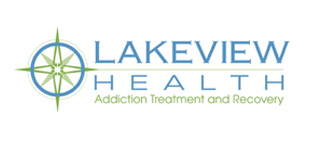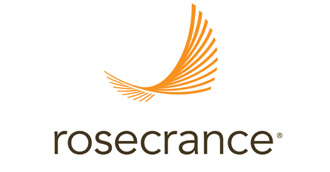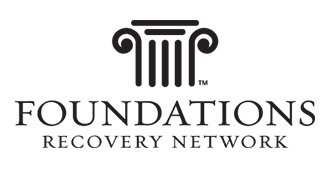Did you know that addiction is the top healthcare problem for the U.S? Over 22 million people suffer from the effects of alcohol abuse and 8 million from drug abuse.
Addiction is a disease that affects the brain. This causes those who have become addicted to do and say things that they wouldn't normally do, which inevitably leads to strained and broken relationships.
During your worst points of addiction, you may have created a long list of people that you caused pain too. You may be wondering how you can make amends with your loved ones during your time of recovery? Read on to find out.
What Does It Mean to Make Amends?
Making amends is not as easy as making an apology. An apology is expressing the fact that your regret the decisions you made, whereas making amends is where you try to right a previous wrong.
A direct amends involves actively righting the wrong. For example, if you damaged someone's home when you were under the influence. A direct amend would be meeting the homeowner face to face, admitting you were wrong and repairing the damage.
An indirect amend is more about the thoughts and attitudes behind your behavior. For example, if you stole money from someone you should not expect that person to loan you money again. Or if you do need to borrow money, make a repayment plan to show that you are reliable.
How to Make Amends Step by Step.
Repairing the damage caused by addiction doesn't happen overnight. Read this step by step guide to help you heal the wounds of those you hurt.
1. Make a List
Make a list of people you hurt in the days of your active addiction. It may be painful, but this is all part of taking responsibility for your actions.
2. Admit Your Mistakes
Take responsibility for your behavior, meet the person you hurt and own up to your mistakes. People need to hear that you admit your mistakes and want to be forgiven. This will start the relationship on the road to healing.
3. Be Specific
Don't just say "I'm sorry for what I've done," and be specific about how you caused them pain. Although it will be difficult to bring up some of the things you did in the past, they will no doubt appreciate your efforts and courage in facing them.
4. Be Honest
Those affected by addiction often say or do anything that gets them what they want. Because of the times you lied and manipulated them, your friends and family probably won't believe a word you say. Although they may find it hard to believe you in the beginning, persevere. Be honest in all things, big and small. In time your loved ones will put faith in you.
5. Find a Remedy
Find an appropriate remedy to smooth things over. It might just be an apology, or it might be paying back the money you stole. Whatever the remedy is, try to find it and do it.
6. Acceptance
Accept the persons' response whether it's good or bad. In some cases, no matter how hard you try they may never forgive you. Accept their response. Who knows, in time they might change their mind.
7. Be Patient
You might be sincere, but your loved ones may need time to trust you fully. Each person heals in their own way and at their own pace.
It's Not Too Late
It's never too late to turn around and make amends. Continue to make positive changes in your life, and in time you'll win back the love, trust and respect that your family had for you before you went down the dark path of addiction.
If you or someone you know needs help on the road to recovery, please get in touch. We're ready to give a listening ear.








COMMENTS